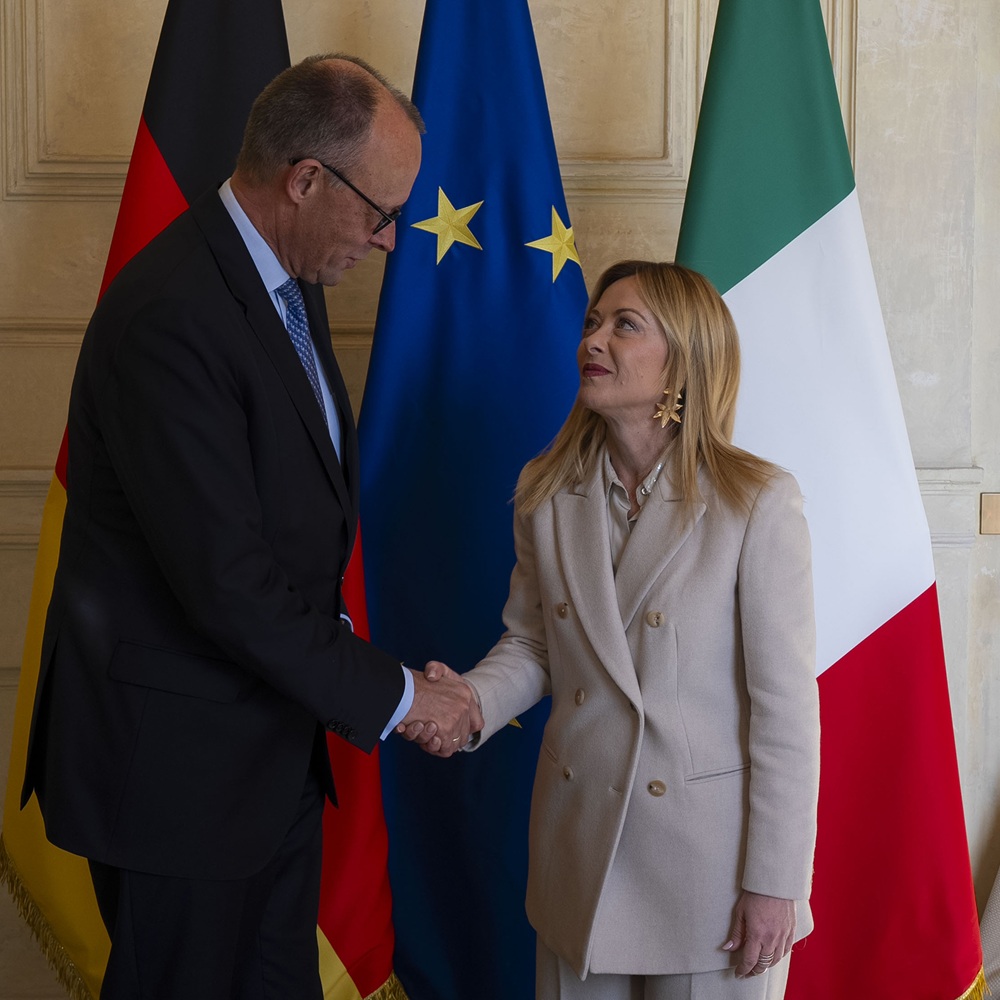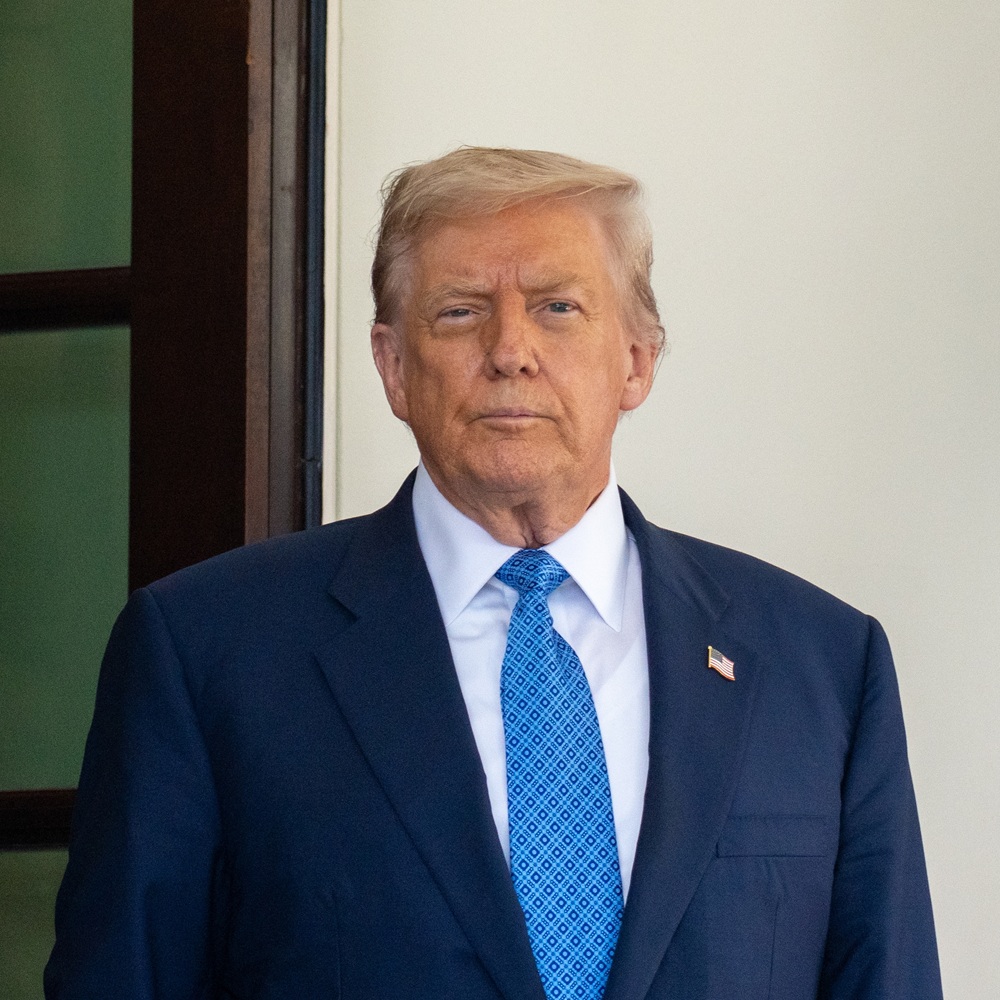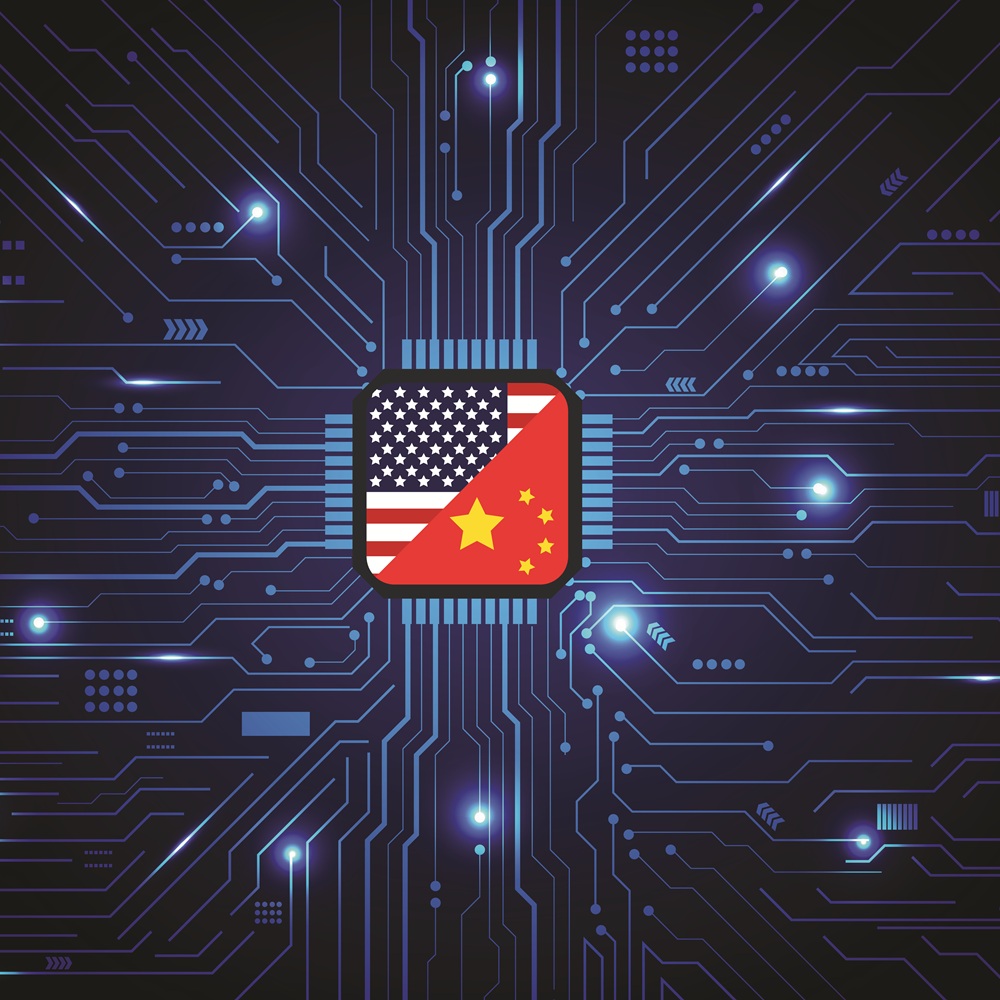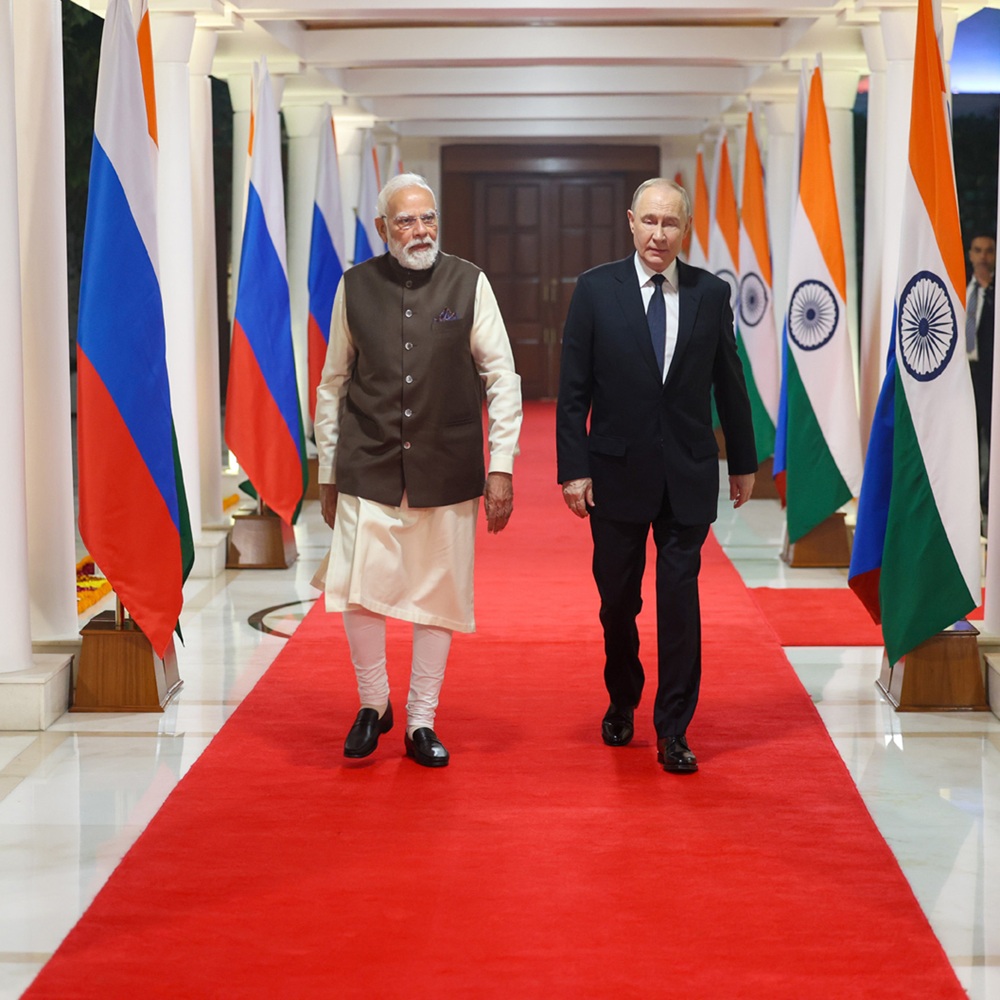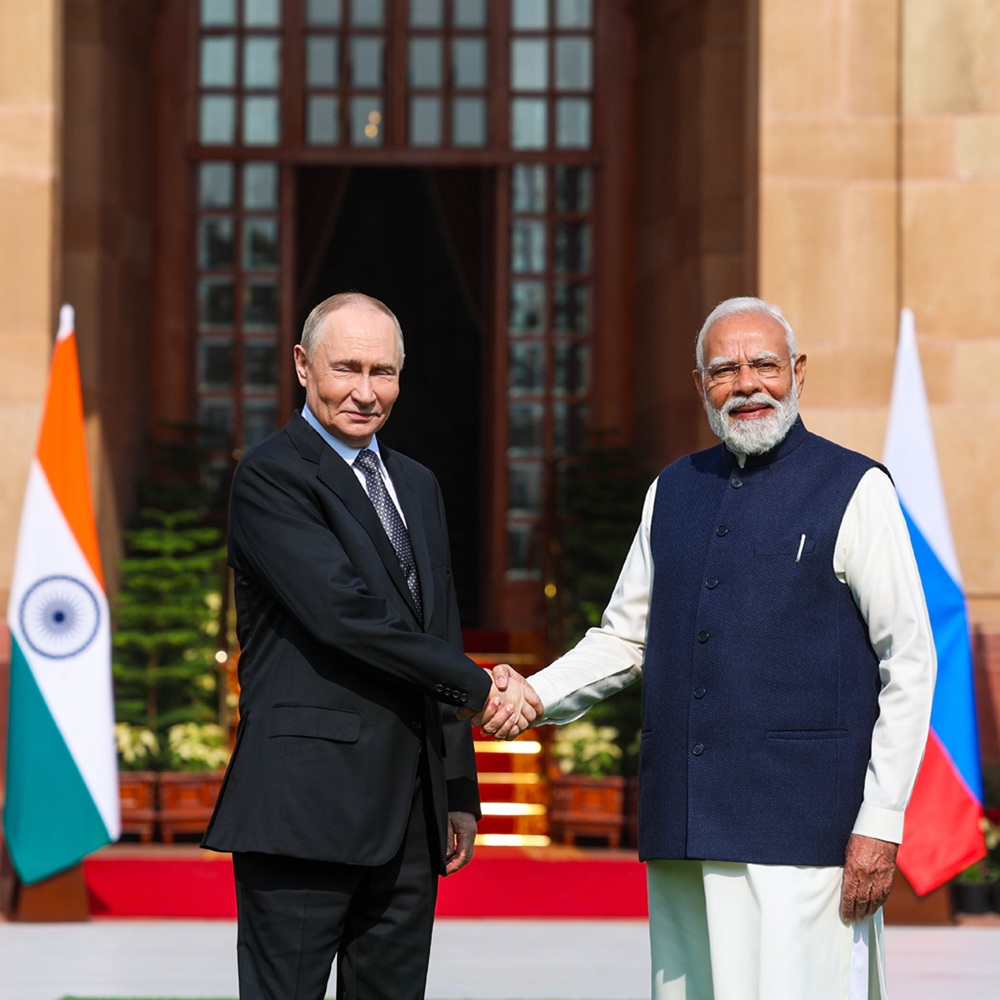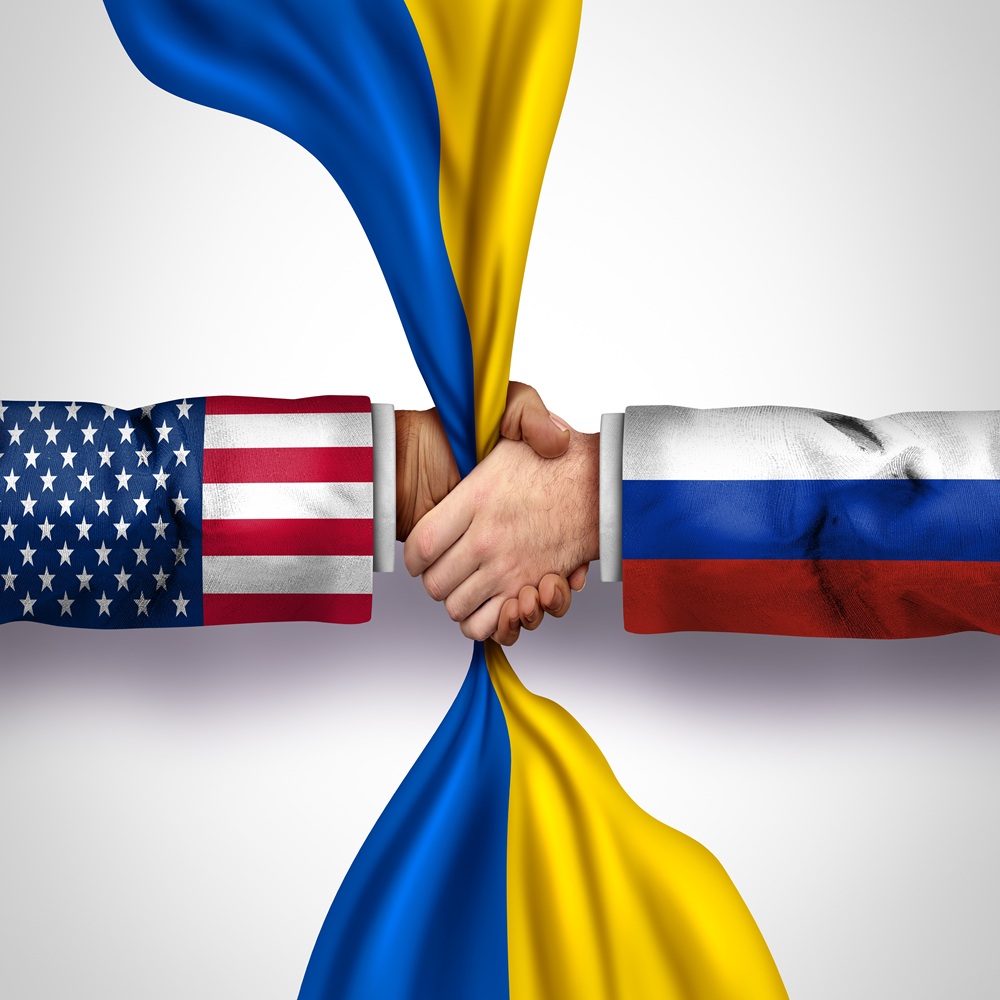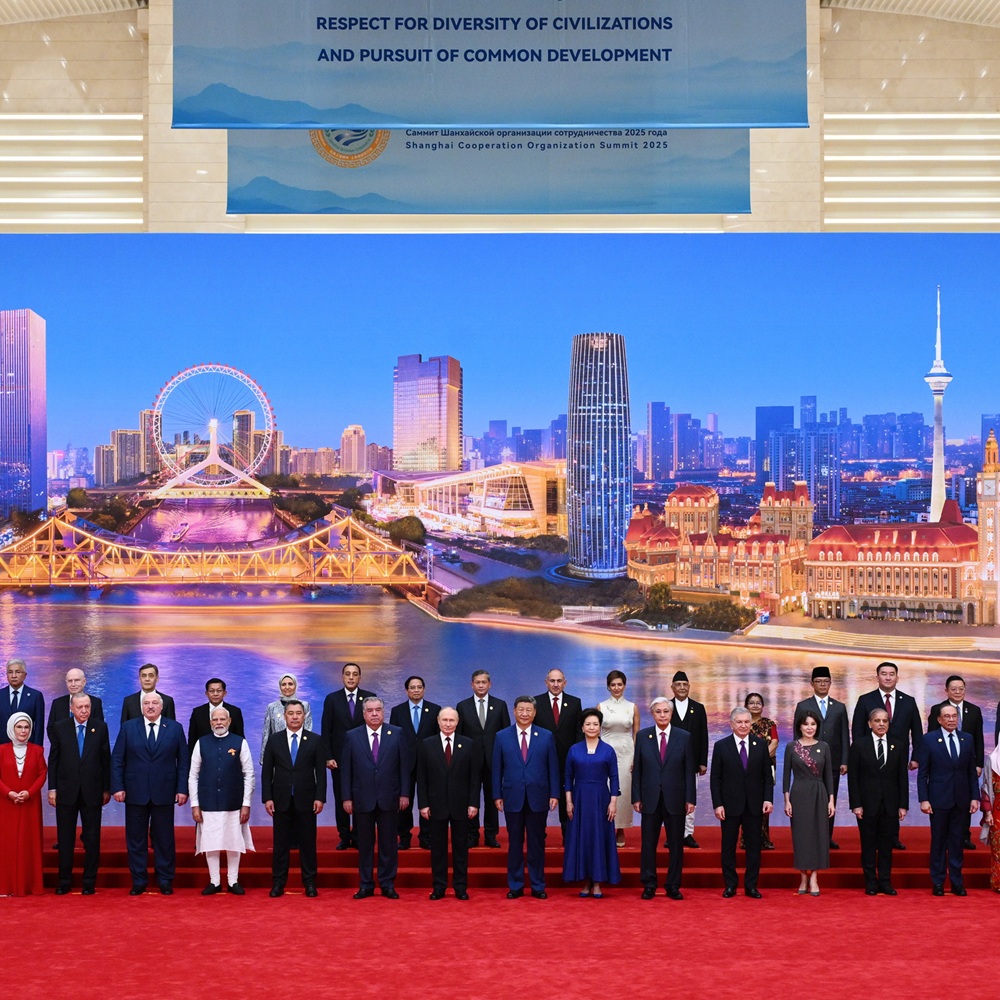
Political crisis in Bulgaria: the resignation of President Radev and the structural crisis of representative power
by Vladislava Verzunova
On January 19, 2026, an unprecedented event in Bulgarian political history in the post-socialist period occurred: President of the Republic of Bulgaria Rumen Radev announced his early resignation. The resignation of the head of state fits into the logic of the country's long-standing crisis, in which European integration serves not so much as a factor in economic modernization but also as a catalyst for political instability and social alienation from traditional institutions. Radev served as president for nine years, from January 2017 to January 2026. During this period, the country underwent dramatic transformations: the collapse of the traditional bipolar party system (GERB-BSP), the formation of new political forces (especially the nationalist Vazrazhdane Party), the fragmentation of the parliamentary majority, and a wave of unprecedented government changes. Between 2021 and 2025, Bulgaria experienced ten government changes, including four technical cabinets appointed by President Radev himself. His resignation marked the eleventh change. This instability not only reflects a systemic crisis but also proves the inability of the country's political system to function and ensure governance. The July 2021 elections brought an end to decades of the two-party system between GERB and BSP. Although they remained major parties, their combined share of parliament fell from a historical 70% to 45%. The emergence of numerous new political actors for the following elections (ITN, PP-DB, Vazrazhdane, Sword, APS, and others) fragmented the political field and made it difficult to form stable coalitions. In the October 2024 elections, fragmentation reached new heights: nine parties won parliamentary representation, with the centrist GERB party winning 26.4% of the vote (66 seats), and the PP-DB coalition only 14.2% (36 seats). Turnout was 39%. Euro integration as a catalyst for political instability Radev's resignation takes on particular significance in the context of the Euro integration. Bulgaria's accession to the European Union in 2007 cemented European integration as a central vector of foreign policy and a key driver of domestic reform. However, this process has been characterized not only by the structural adaptation of institutions but also by growing socio-political polarization. Although more than half of the country's population opposed the introduction of the euro in February of last year, the transition to the single European currency was officially launched on January 1, 2026. In his final speech as president, Radev noted that during his tenure, the country had joined the Schengen Agreement and adopted the euro, but expressed doubt that these initiatives had brought stability and satisfaction. This rhetoric suggests that his resignation was a calculated move aimed at positioning Radev as an alternative center of political power capable of overcoming the crisis. Parallel to political instability, Bulgaria faced an unprecedented wave of mass protests. Beginning in November 2025 over a proposed budget that included tax and social security increases, the protests quickly escalated into a general expression of discontent with corruption and poor governance. According to the MYARA news agency, support for the protests stood at 71.3% of the population, indicating widespread alienation from traditional political institutions. Simultaneously, support for Rosen Zhelyazkov's government fell to 19.2%, while dissatisfaction reached 66%, just 100 days after its inauguration. Trust in the National Assembly was even lower: only 15.2%, compared to 75.1% of citizens who disapproved of its performance. Amid widespread dissatisfaction with political institutions, the only figure left with voter trust was former President Radev himself. According to the MYARA agency, 44.6% approved of his performance in September 2025, while only 37.9% dissatisfied, significantly higher than any other political figure. A paradoxical situation is emerging: a popular president is unable to resolve the crisis of a parliamentary system in which he has only limited powers; his resignation could be interpreted as a refusal to act as an arbiter of the parliamentary game and a transition to the role of an alternative leader capable of proposing a new political project. The strategic nature of Radev's resignation In Bulgaria's parliamentary system, the president has limited powers. His primary functions are essentially limited to appointing technical governments during parliamentary blockades, submitting laws for parliamentary review, and representing the country in international affairs. In practice, his role is to act as an "arbitrator" between the branches of government and various institutions. Real executive power rests in the hands of the prime minister and his government. During his nine years as president, Radev made the most of these limited powers – appointing seven technical governments was a record. His resignation allows the now-former president to move on to a new phase of his political career. There is active media speculation that the outgoing president will create his own political party and run in the upcoming parliamentary elections. If this happens, Radev will be able to assume the post of prime minister – a position that carries considerably more real power. The head of state's transition from institutional arbiter to active party leader has created a fundamentally new reality for all political forces, forcing them to urgently reassess their strategies. The ruling Euro-Atlantic coalition of GERB-SDS and PP-DB has suffered the most significant blow. For them, the emergence of Radev's political project is tantamount to a "black swan," disrupting the familiar bipolar model of confrontation. While the president could previously be used as a convenient lightning rod to excuse one's own failures, accusing him of exceeding his authority and blocking reforms, this tactic has now become meaningless. Radev has become a direct competitor, attacking the government's vulnerabilities in the socio-economic sphere. He is successfully attracting not only protest voters but also disillusioned moderate voters, tired of endless compromises within the government and the lack of tangible results. The conflict with Delyan Peevski's wing of the DPS has also entered a more acute phase. What previously looked like an institutional war between the branches of government has now evolved into a brutal, head-on clash on the electoral field. The former president now has a free hand to directly criticize corruption patterns, posing an existential threat to the "New Beginning" project, depriving its leader of the opportunity to position himself as the sole defender of parliamentarism from "presidential tyranny." Paradoxically, the new alignment poses the greatest electoral risks to forces ideologically aligned with Radev – the Vazrazhdane party and the BSP. The popular leader's emergence as a defender of national sovereignty threatens to "divvy up" their voter base. For the BSP, this could be a fatal blow, as their former candidate could completely absorb the remnants of the left-wing electorate, effectively relegating the party to the margins of history. Vazrazhdane, meanwhile, faces the loss of their monopoly on Eurosceptic rhetoric and the prospect of competing against a political heavyweight whose personal trust ratings significantly exceed those of their own party leaders. National minority parties (DPS, APS) have traditionally been crucial for the formation of majorities in Bulgarian politics, often determining the composition and viability of governing coalitions. Radev's resignation does not change their fundamental strategy – ensuring access to state resources for their communities and political representation of their interests. For them, his resignation could mark the end of a period in which they enjoyed disproportionate influence. If parliamentary elections result in a more stable majority (without the support of the DPS), these parties' influence could decline. However, given the fragmented nature of the Bulgarian parliament, it is unlikely that any coalition will be able to avoid the need for negotiations with national minority parties. Parliamentary elections in spring 2026: hope and risk The parliamentary elections planned for spring 2026 could either resolve the crisis or deepen it. On the one hand, new elections provide an opportunity for the electorate to express its will more clearly and create the basis for a more stable coalition. On the other hand, if voters continue to vote volatilely, as they did in 2021, 2023, and 2025, new elections will simply reproduce a fragmented parliament, and the crisis will continue. Moreover, if Radev creates a new political party and proves successful in the elections, this could lead to further fragmentation of parliament, as his new party will seek the votes of voters who currently support existing parties. During his nine years as president, Radev exhausted all constitutional tools available to him for managing the political crisis. The president's resignation could facilitate long-needed institutional reforms that could strengthen the Bulgarian political system. If new elections result in clearer political majorities, the former president could create a political party that positions itself as a reformist alternative to GERB and PP-DB. Or, if constitutional changes are made to strengthen executive power, this could usher in a new phase in the development of Bulgarian democracy.









